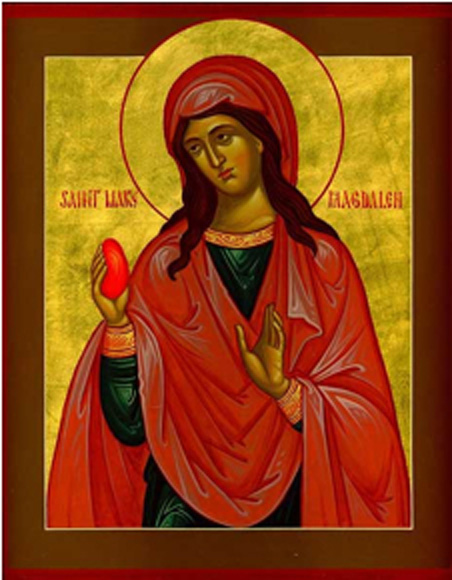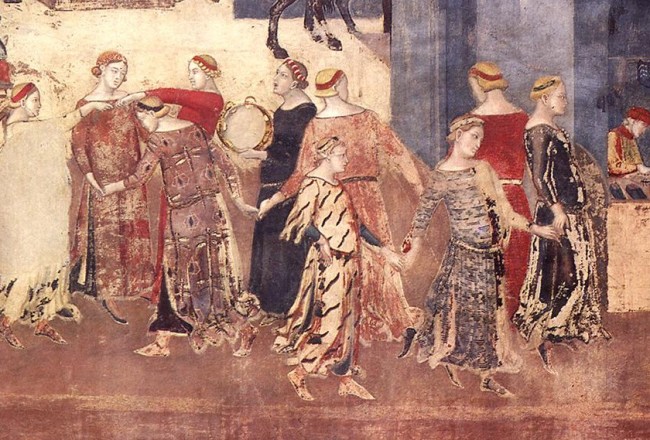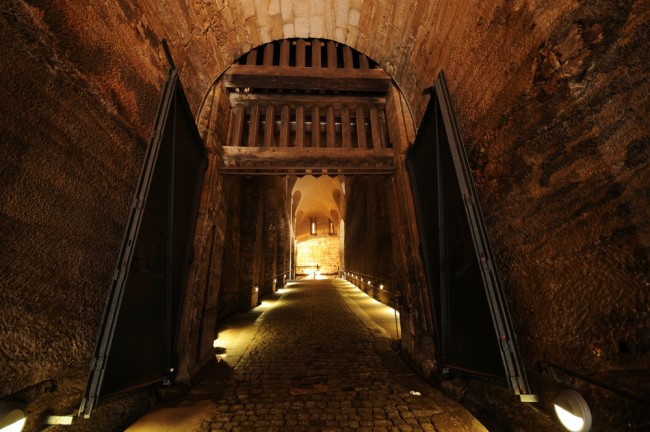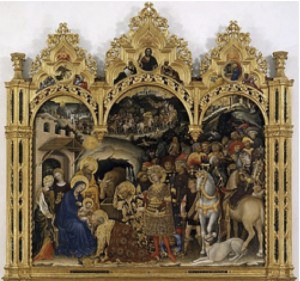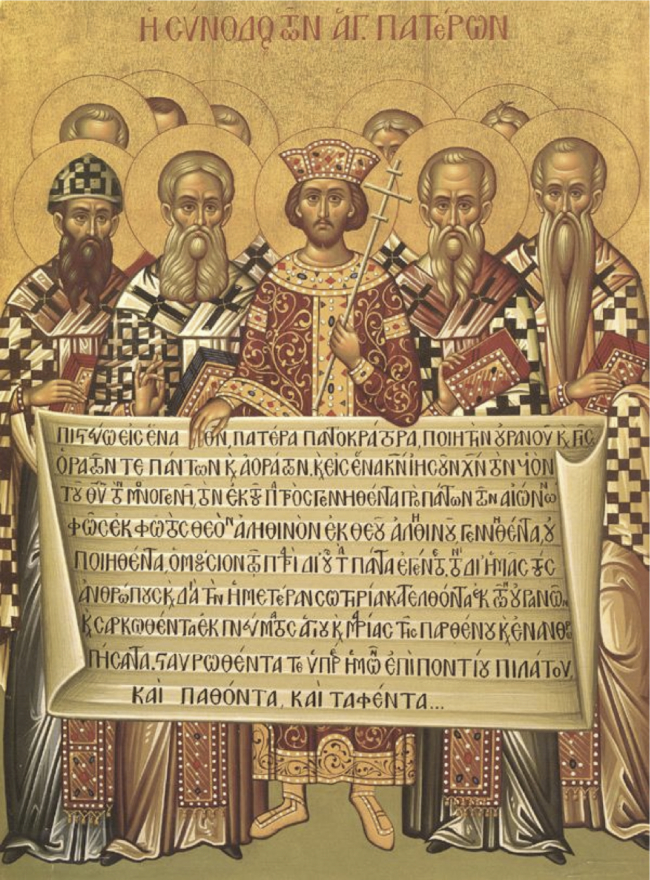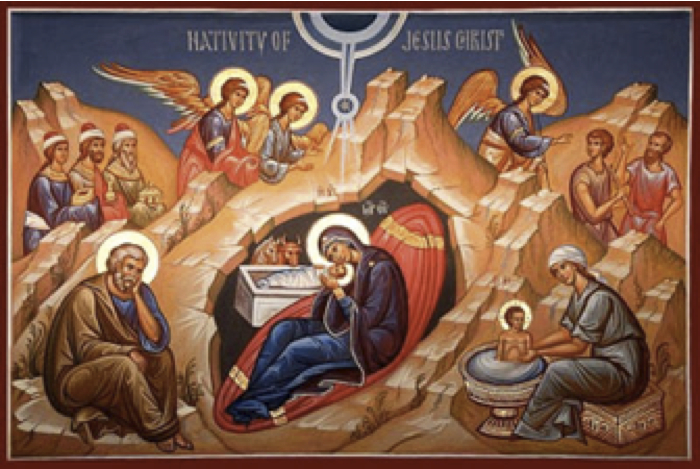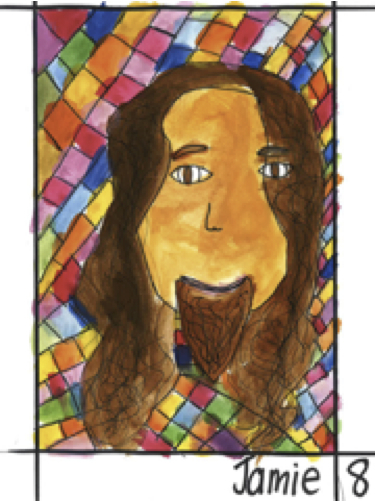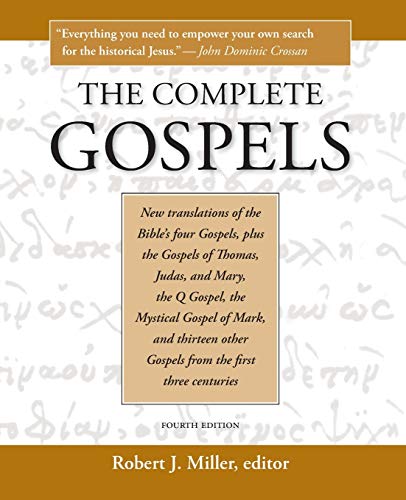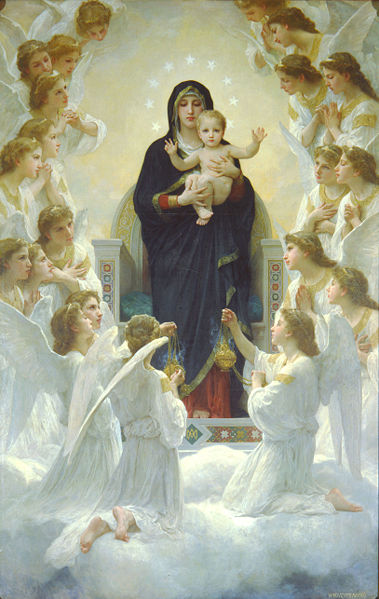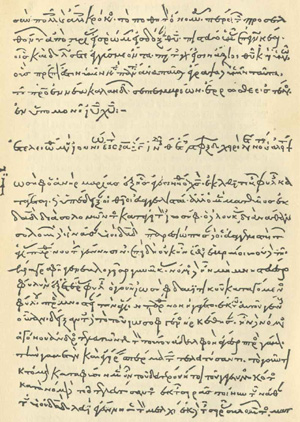Introducing Bishop Spong's landmark series on the Origin of the Bible covering both Old and New Testaments. His scholarly analysis and signature insights breakdown the past, present and future of these sacred texts.
The Emmaus Experience of Transformation
The Emmaus legend is about both the inevitability of change and the possibility of transformation. … In all the swift and varied changes of this world, the elusive goal of converting hearts and minds remains optional.
Mary Magdalene was the first person, male or female, to witness the empty tomb…the first to see angels who reported the resurrection…the
Written by Rev. Irene Laudeman
This service is appropriate for a small congregation of 20-60 people. The service is conducted in two settings:
1 The roots of decency spread deep in the earth of Goodness, and no turmoil can disturb them. 2 In the eyes of the selfish, the upright appear to be unhinged; their humility is seen as weakness,
A famous poet, William Wordsworth defined poetry as “emotion recollected in tranquility.” I wonder if it might be productive to apply that
The challenge for a progressive Christian who has moved beyond such notions as virgin births and gods disguised in human form come to save us from ourselves is to remember that it is as much a historical development, as it is a theological one. That is, the attribution of a “Christ” title accorded a very human Jesus constitutes the imaginations -- if not machinations -- of an early Church; consisting of very human, second-generation followers of a 1st century Galilean peasant sage and itinerant preacher. And who all but drowned out the authentic voice of the one who was once born and dwelt among humankind. Such an assertion is simply based on the fact the historical Jesus never self-identified as the “anointed one,” the Christ. As such, if one were to remove the Christ-title from the various birth narratives of those secondary traditions of this religious movement, what would remain of the “Christmas story” that has become as prevalently assumed, as it has been unexamined? If we took the Christ out of Christmas, what might remain of the voice of one who was born and dwelt among us? You can read more here.
An Open-Ended “Creed” for a Progressive Christian
I have often said so-called “progressive Christianity” is a notion forever in search of its own elusive definition; and that’s as good a way of explaining it as we may be able to find. We live in a post-modern world that considers the age of Enlightenment to be a post-facto reality. As such, “progressive” thinking in an age of Reason has pushed the boundaries of nearly every facet of life, except one: those ‘traditional’ or ‘orthodox’ beliefs, based on certain creeds, doctrines and dogma that still dominate what it presumably means to be “Christian.” It hardly needs to be said that it is also why so many one-time believers have outgrown their one-time faith. Calling them merely “lapsed” is misleading. So much has elapsed in the world we have all come to know and take for granted, that the once-dominant Church -- -- despite all its denominational varieties -- has fast become a post-modern relic. Yet any critical examination of how Christian scriptures developed and how the history of the tradition evolved will quickly demonstrate how it has always been in a constant state of flux. Or, if you like, “progression.” It was only when it stopped and got stuck that we traded in the tent for a temple, and snuffed the life out of a movement that is progressive by its very nature. What then would constitute an honest statement of belief for at least this "progressive Christian?"
Many Christians today are increasingly unsure about how to “take” the Bible. To borrow from the childhood game “Mother, May I?” I’d suggest we take two giant steps back. We need to move ourselves back to challenge two assumptions that block our comfort with the Holy Bible.
On the First Sunday of the Advent season this year – for those Christian faith communities that observe a liturgical calendar -- the traditional four weeks of waiting on the tiptoe of expectation only lasted until 1:37 PM that afternoon for our family; when my own daughter gave birth to her first-born child.
“Christian” A-theism Series, Part III
Part III of this "Christian" A-theism Series explores new possibilities to be found in pushing beyond the constraints of theism and a-theism; and the blunt and limited question of believing or not believing in a “theistic” notion of “God.” We typically fashion our notion of anything we deem sacred “Oneness” in anthropomorphic terms, so we can more easily relate to the idea. The Christian then proceeds to incarnate that God notion with a Christology in which Jesus is construed as a co-eternal mediator and – peculiarly – a substitutionary sacrifice. But for those progressives for whom such a construct is no longer viable or credible, what might still be found amidst the theological rubble in a post-modern – even post-deconstructionist – age? Indeed, what may have been there from the start of the entire imaginative process; known in the earliest days of a pre-Christian movement simply as the Way? As near as we might be able to discern it with our own creative and interpretive imaginations, what resemblance might it bear to the “voice-print” of an extraordinarily imaginative character we might want to befriend?
The Complete Gospels is the first publication ever to collect the canonical gospels and their extracanonical counterpoints under one cover. The selected extracanonical gospels date from the first and second centuries, are independent of the canonical gospels, and significantly contribute to our understanding of the developments in the Jesus tradition leading up to and surrounding the New Testament gospels.
46. And Mary said, "My soul magnifies the Lord, 47. and my spirit rejoices in God my Savior, 48. for he has regarded the low estate of his handmaiden. For behold, henceforth all generations will call me blessed; 49. for he who is mighty has done great things for me, and holy is his name.
2. Father, hallowed by thy name. Thy kingdom come. 3. Give us each day our daily bread; 4. and forgive us our sins, for we ourselves forgive every one who is indebted to us; and lead us not into temptation.
9. Our Father who art in heaven, hallowed by thy name. 10. Thy kingdom come, thy will be done, on earth as it is in heaven. 11. Give us this day our daily bread; 12. And forgive us our debts, as we also have forgiven our debtors; 13. And lead us not into temptation, but deliver us from evil.



